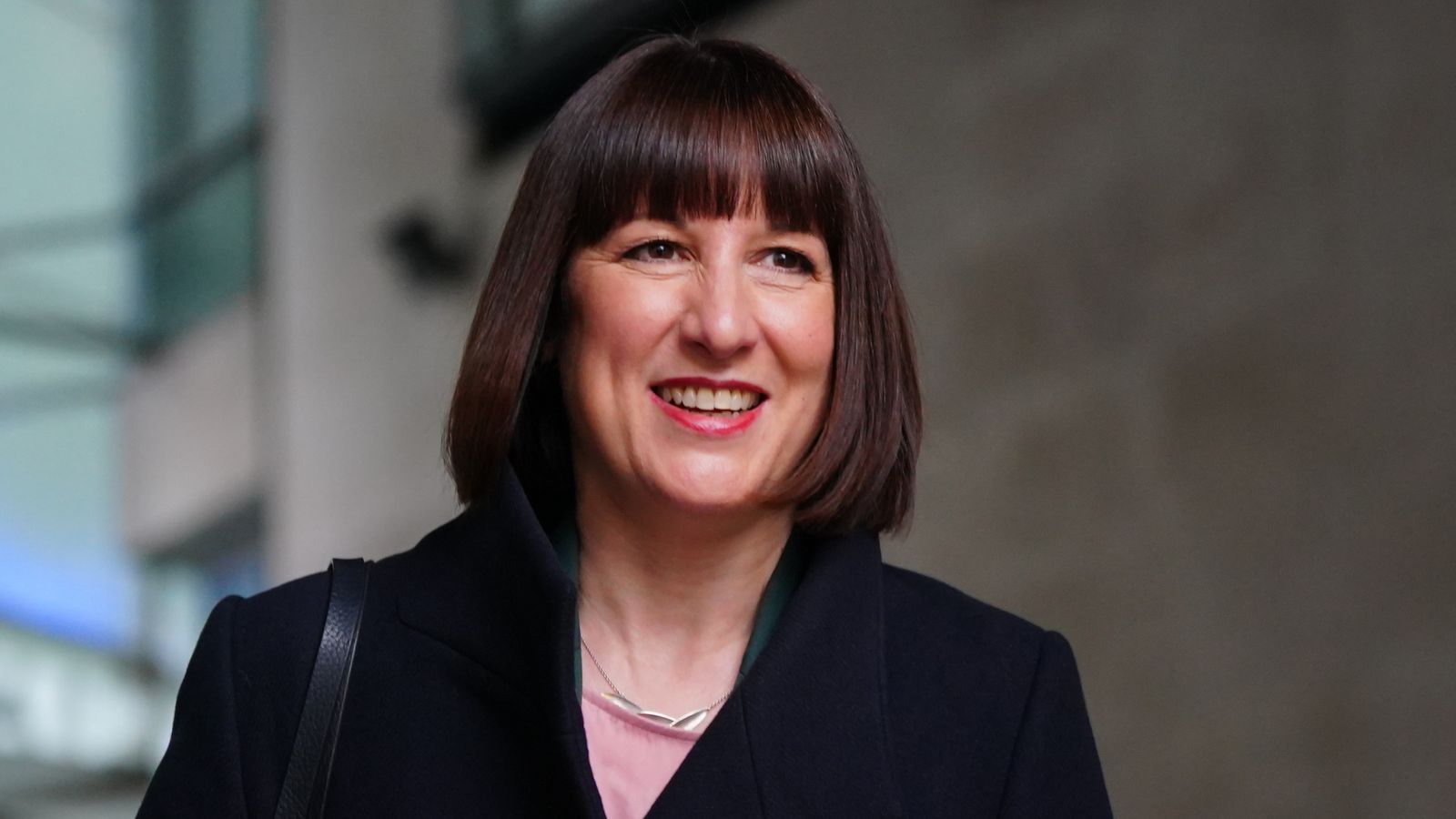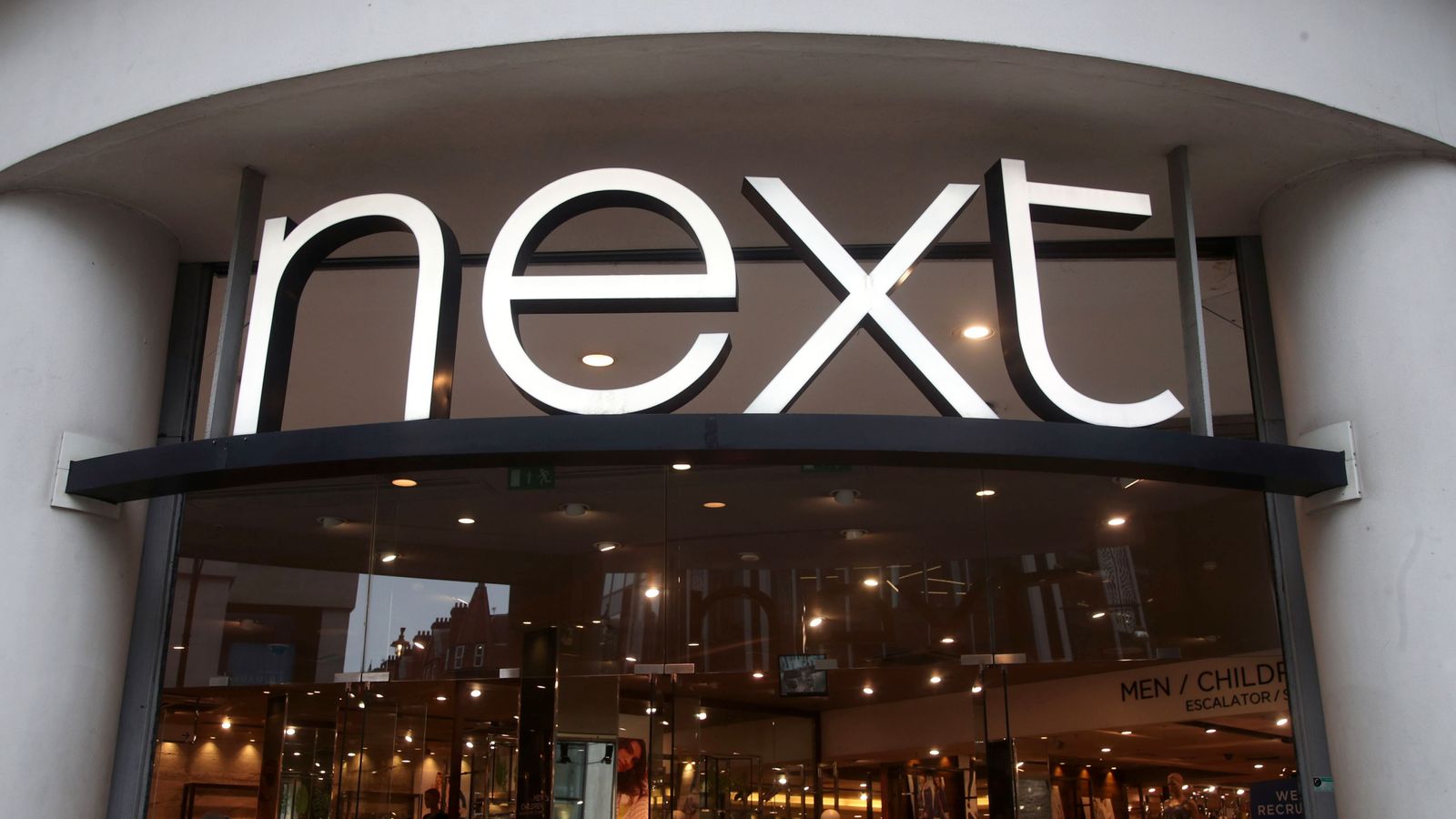The chief executive of Asda is preparing to step down weeks after it completed a £6.8bn takeover deal, paving the way for new leadership to be installed at Britain’s third-biggest grocer.
Sky News has learnt that Roger Burnley, a former J Sainsbury executive who took the helm at the Leeds-based chain in 2018, has informed its new owners that he plans to retire.
Retail industry sources said an announcement about Mr Burnley’s planned departure could come as soon as Friday.
The Asda chief is expected to remain in the role until a successor is appointed, and a person close to the situation described his departure on Thursday evening as “amicable”.
The news will nevertheless underline the determination of the supermarket chain’s new shareholders to reinvigorate the business after a period in which it has demonstrated the weakest like-for-like sales performance of Britain’s four biggest grocers.
The sale of Asda by the American retailing behemoth Walmart was announced last autumn.
Its new owners are TDR Capital, the London-based private equity firm, and Mohsin and Zuber Issa, the two brothers who have turned EG Group into one of the world’s largest petrol forecourt and convenience store operators.
The consortium has satisfied all of the conditions relating to the deal and are working to secure approval from the Competition and Markets Authority (CMA) in the coming months.
The CMA is expected to order the sale of a small number of Asda’s petrol stations to third parties in order to address concerns over the scale of the Issas’ interests in the UK’s fuel retail market.
Asda’s new owners are expected to begin identifying prospective successors to Mr Burnley, who replaced Sean Clarke just over three years ago, in the coming weeks.
The chain is one of the UK’s biggest private sector employers, with more than 146,000 employees.
It trades from more than 600 supermarkets, standalone petrol stations and Asda Living homewares stores.
Most of Mr Burnley’s tenure as chief executive has been conducted in the shadow of talks about Asda’s future ownership.
In 2018, Walmart struck a £15bn deal to merge Asda with Sainsbury’s, sparking a year-long effort to get the tie-up past the CMA.
It was eventually abandoned, leading Walmart to conduct a new auction of its British subsidiary.
Unlike many of its rivals, the vast majority of its store portfolio is owned on a freehold basis, leading many analysts to suggest that the new owners had bought Asda for an attractive price.
TDR and the Issas saw off rival bids from Apollo Global Management and Lone Star Funds, and bought the business on a debt-free basis – although its balance sheet is expected to add some debt in the period after they take control.
There has been intense speculation that the new owners will look to sell George, its standalone clothing business, although people close to them have denied any such intention.
The appointment of a new chief executive at Asda will represent the latest in a flurry of changes at the top of Britain’s major supermarkets, which have been big corporate winners from the pandemic.
Ken Murphy recently replaced Sir Dave Lewis as chief executive of Tesco, and is expected to set out his plans for the UK’s biggest grocer in the next few months.
At Sainsbury’s, Simon Roberts took over from Mike Coupe nine months ago, while at Wm Morrison, the successful partnership of chairman Andy Higginson and chief executive David Potts is likely to be broken up in the next couple of years.
Last month, Asda announced that it was beginning a consultation with 5,000 store staff about a redundancy programme, but – underlining the shifting dynamics of food retailing – that it would hire 4,500 more people to handle online fulfilment.
That decision was made by the company’s management and did not involve its new shareholders, according to people close to Asda.
Mr Burnley said of the reorganisation: “The pandemic has accelerated change across the retail sector especially the shift towards grocery home shopping and our priority is to serve customers in the way they want to shop with us.
“The last 12 months have shown us that businesses have to be prepared to adapt quickly to change and I am incredibly proud of the way we demonstrated our agility and resilience through the pandemic.”
Its Christmas trading performance – with like-for-like sales growth of 5.1% – was respectable, but lagged all three of its main competitors.
Like the other big supermarkets, Asda decided to hand back hundreds of millions of pounds in business rates relief afforded to it by the government.
Asda was contacted for comment on Thursday.





